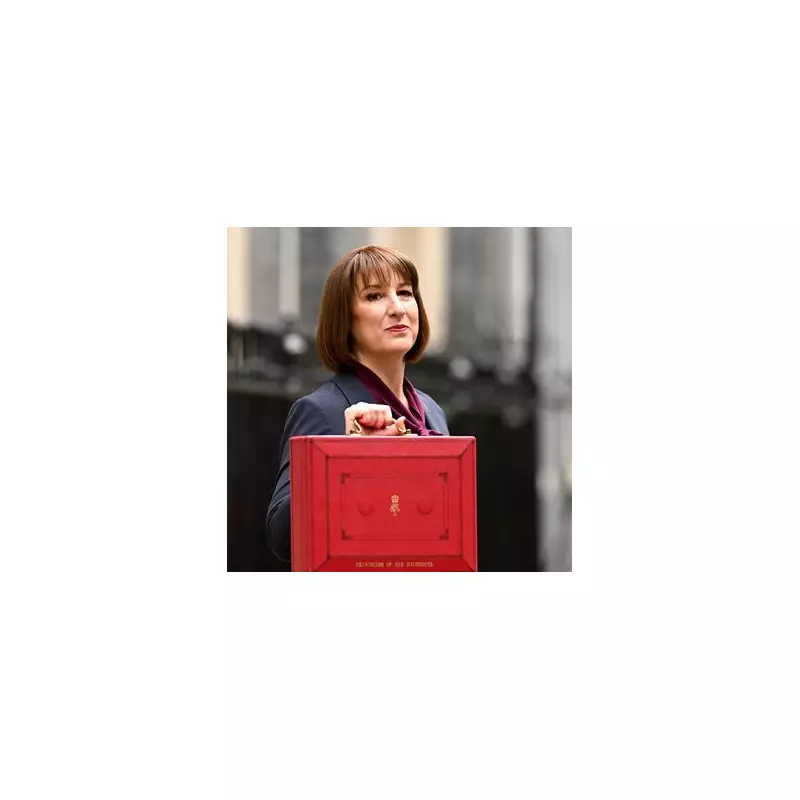
Chancellor Rachel Reeves is set to deliver her second, and highly consequential, Budget on November 26, a fiscal event that could define Labour's early tenure in government.
After weeks of intense speculation over potential tax increases to fill a significant shortfall in the public finances, the Chancellor received a minor reprieve. Better-than-expected forecasts from the Office for Budget Responsibility (OBR) have reduced the estimated financial black hole to around £20 billion, a less severe figure than the £30-40 billion previously feared.
Key Tax and Wage Announcements
In a significant U-turn, the government has abandoned its controversial plan to raise income tax, a move that would have broken a key manifesto pledge and marked the first such hike in almost half a century. This follows the Chancellor's earlier warnings that sticking to all spending promises would be impossible without such increases or deep capital spending cuts.
However, a stealth tax remains on the table. Ms Reeves is reportedly considering extending the freeze on income tax thresholds for an additional two years, a measure that would drag more people into higher tax brackets as their wages increase with inflation.
Millions of workers can also expect a pay rise. The National Minimum Wage for those over 21 is set to increase from the current £12.21 to approximately £12.70 from April 2026, representing a rise of around 4%.
Benefits, Pensions, and Cost of Living Measures
In a major shift, the Chancellor has strongly hinted at scrapping the controversial two-child benefit limit. This policy, introduced by the Conservatives in 2017, restricts child tax credits and Universal Credit to the first two children in a family. Ms Reeves stated it was not right to penalise a child for being in a bigger family and vowed to cut child poverty.
To help fund this change, the Treasury is looking at hikes to gambling taxes. One proposal from the IPPR think tank suggests more than doubling the remote gaming duty on online betting firms from 21% to 50%, which could raise an additional £800 million a year.
For pensioners, the state pension is expected to rise by 4.8% next April, in line with the triple lock guarantee. This would increase the full new state pension from £230.25 to £241.30 per week.
Households struggling with energy costs may also get relief. The government is considering eliminating the 5% VAT on energy bills, a move that would cost the Treasury over £2 billion but save the average consumer around £80 per year.
Other Potential Changes and Levies
The Budget could also introduce a new £2,000 yearly cap on pension contributions made through salary sacrifice schemes, a change analysts warn could reduce retirement savings for some.
As is traditional, duties on cigarettes and alcohol are likely to rise, potentially increasing the cost of a packet of cigarettes and a pint. There is also speculation about new powers for local leaders to introduce tourist taxes on overnight stays to fund local services.
Finally, drivers of electric vehicles may learn of a future pay-per-mile charge, which could be introduced as early as 2028, while fuel duty for petrol and diesel cars is expected to remain frozen.





